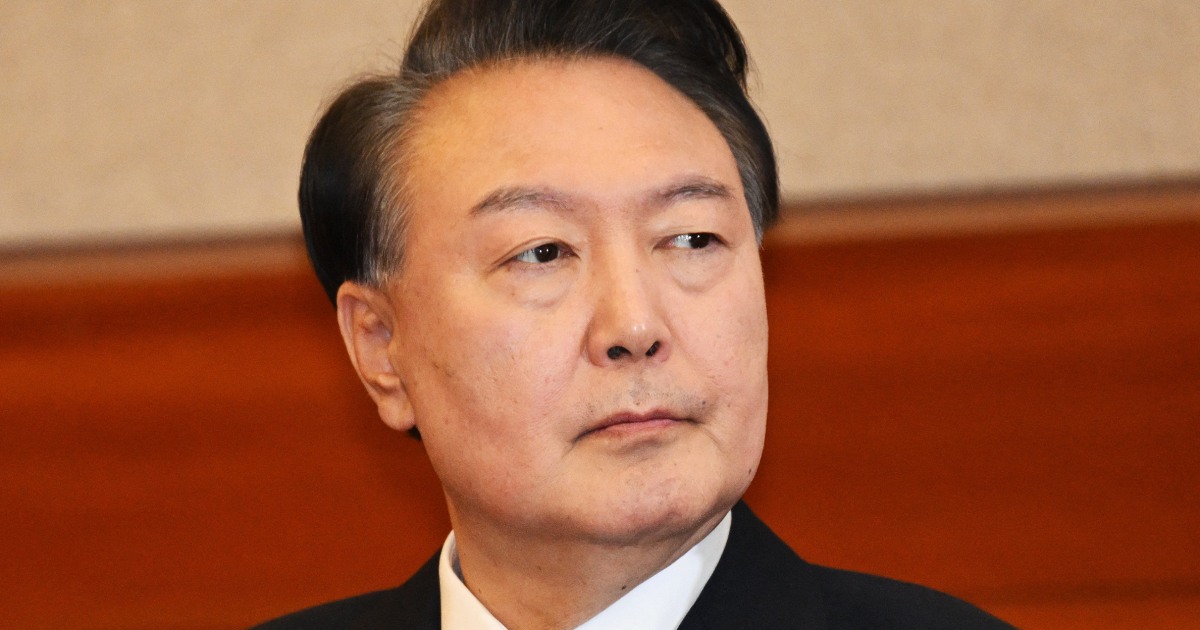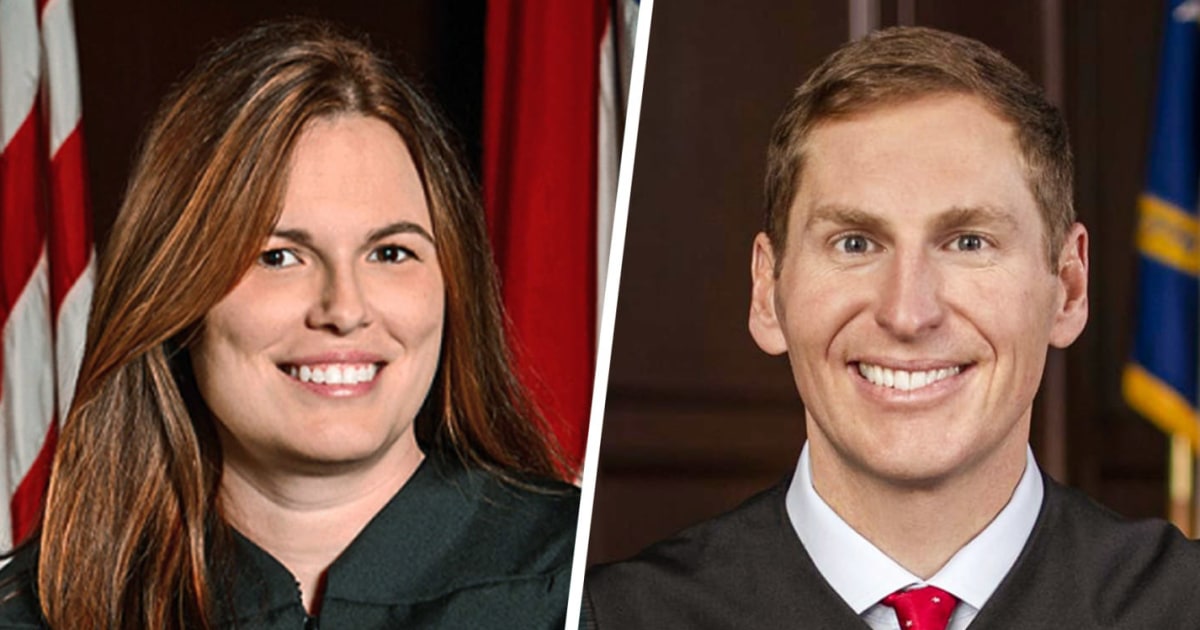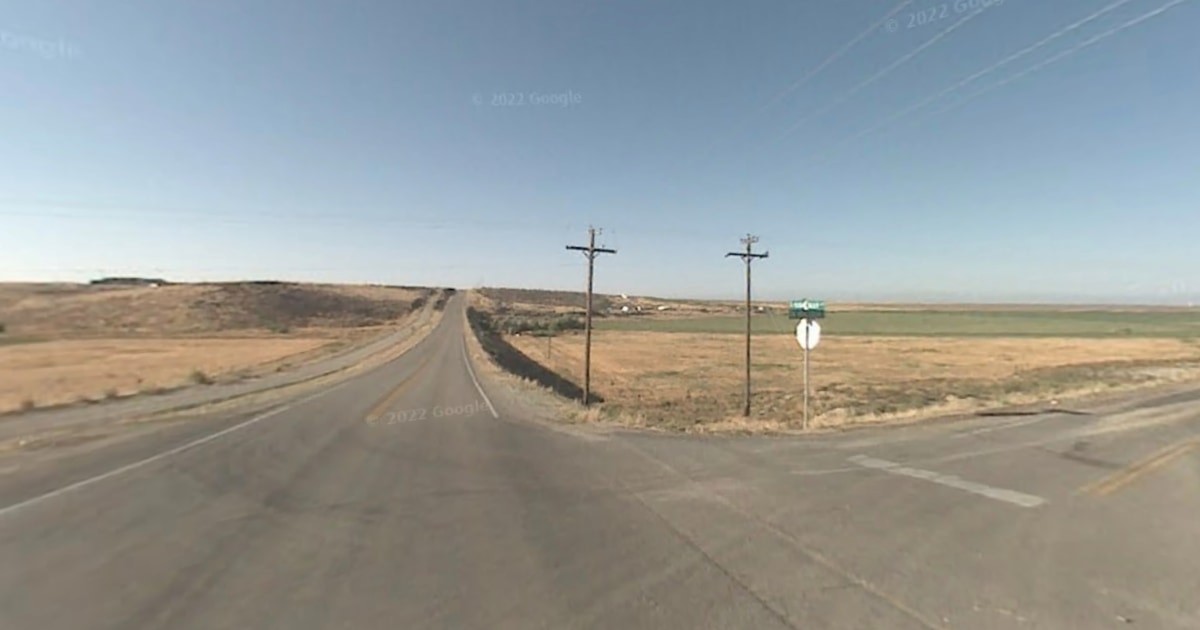A South Korean court upheld the impeachment of President Yoon Suk Yeol on Friday, officially throwing him out of office over his botched imposition of martial law and setting the stage for a new presidential election.
Yoon’s brief martial law declaration and subsequent impeachment trial have deeply divided South Korea, a key U.S. ally and one of the most vibrant democracies in Asia. Protests for and against the conservative leader’s removal from office have been held regularly, and officials had barricaded the courthouse ahead of the ruling on Friday in anticipation of possible violence.
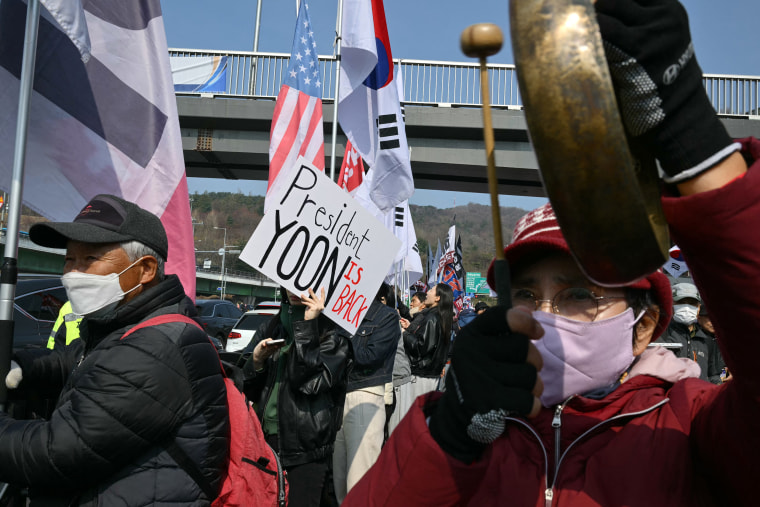
The political turmoil has also sidelined South Korea as it grapples with steep U.S. tariffs imposed by President Donald Trump as well as growing military cooperation between rival North Korea and Russia.
Yoon, 64, was not in court for the ruling but at his presidential residence in central Seoul, the South Korean capital. The decision, which was broadcast live and cannot be appealed, means that an election for Yoon’s successor must be held within 60 days.
The ruling comes just over four months after Yoon issued a surprise martial law order on Dec. 3, citing threats from “anti-state forces” and accusing the opposition-controlled parliament of paralyzing the government. The late-night order included media censorship and a ban on all political activities, and was quickly followed by the arrival of hundreds of soldiers and police officers at parliament.
Lawmakers who pushed past security cordons to enter the building voted to reject Yoon’s order, which he rescinded about six hours after it was issued. Top military and police officers have said that Yoon ordered them to drag lawmakers out of parliament to stop them from voting against the order, but their testimony has been challenged and Yoon denies the allegation.
Yoon was impeached on Dec. 14, with lawmakers saying the martial law declaration was unconstitutional, and arguments in his impeachment trial in the Constitutional Court ended in late February.
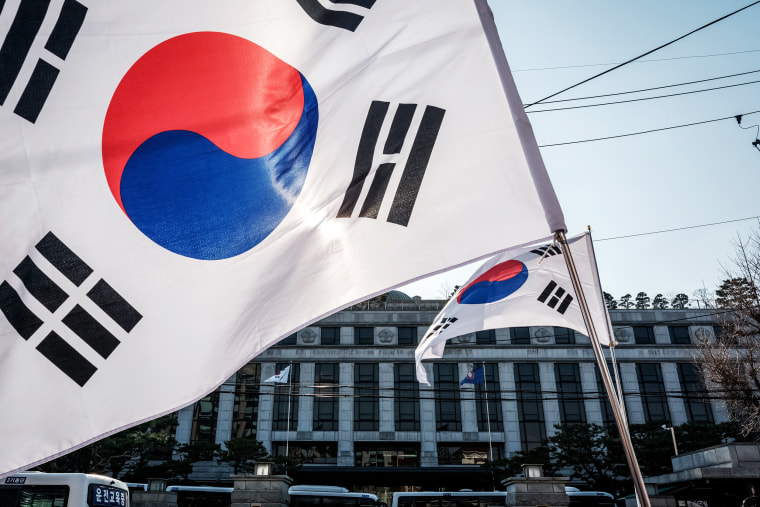
He also faces a criminal trial on charges of insurrection, one of the few offenses for which South Korean presidents do not have immunity. While Yoon is not the first South Korean president to be impeached, he is the first to be arrested while in office.
He spent almost two months in detention before being freed last month by a Seoul district court, which cited procedural issues. Since then, Yoon had kept a low profile as he awaited the impeachment ruling, which his People Power Party had pledged to accept regardless of the outcome.
“We expect a neutral and fair decision,” lawmaker Kwon Young-se, the party’s interim leader, said Tuesday.
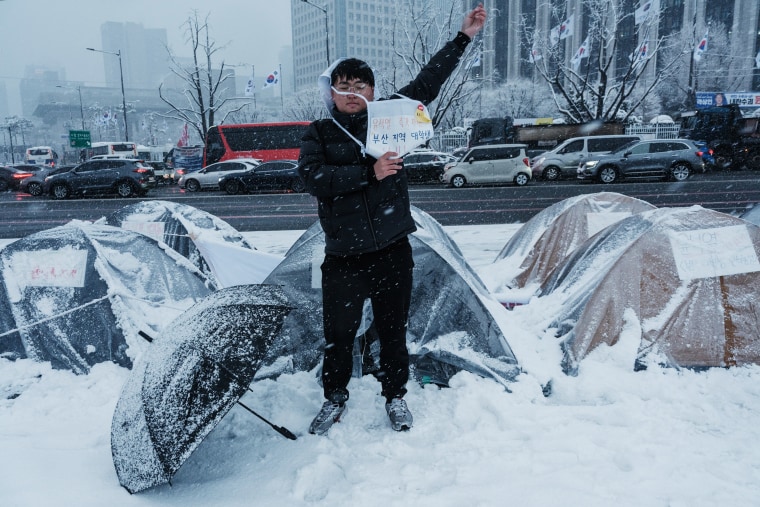
Yoon’s two trials, as well as charges and impeachment proceedings brought against multiple other officials, have deepened polarization between South Korean liberals and conservatives. Conservatives have embraced Yoon’s unsubstantiated claims of election fraud, adopting slogans and symbols associated with Trump supporters such as “Stop the Steal,” while some liberal politicians have called for the removal of any judges who rule against impeachment.
About 20,000 police officers were expected to be deployed nationwide on Friday, and the U.S. Embassy in Seoul issued an alert on Thursday warning U.S. citizens of large-scale protests and a heightened police presence.
Yoon’s reinstatement had been considered more likely after the Constitutional Court overturned the impeachment of Prime Minister Han Duck-soo last week on procedural grounds. Han, who became acting president after Yoon was impeached only to be impeached himself after less than two weeks, immediately resumed the role of acting president.


